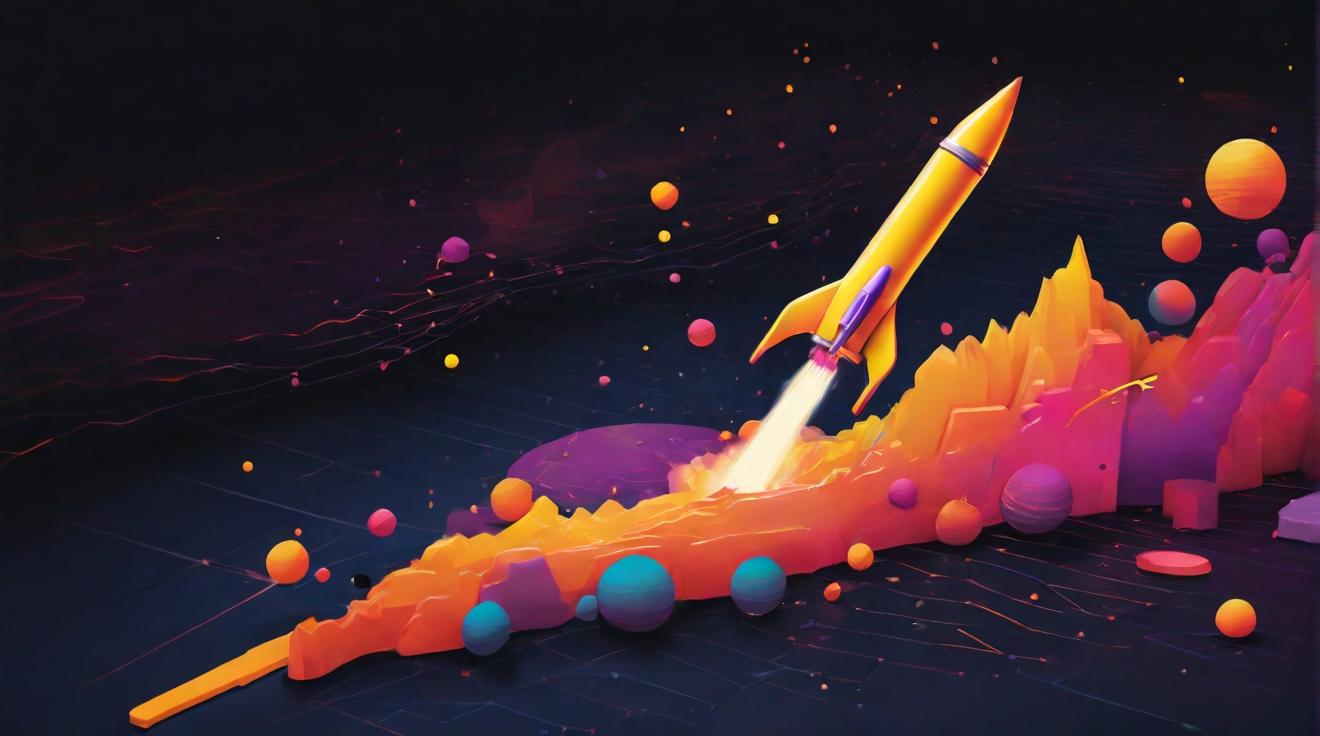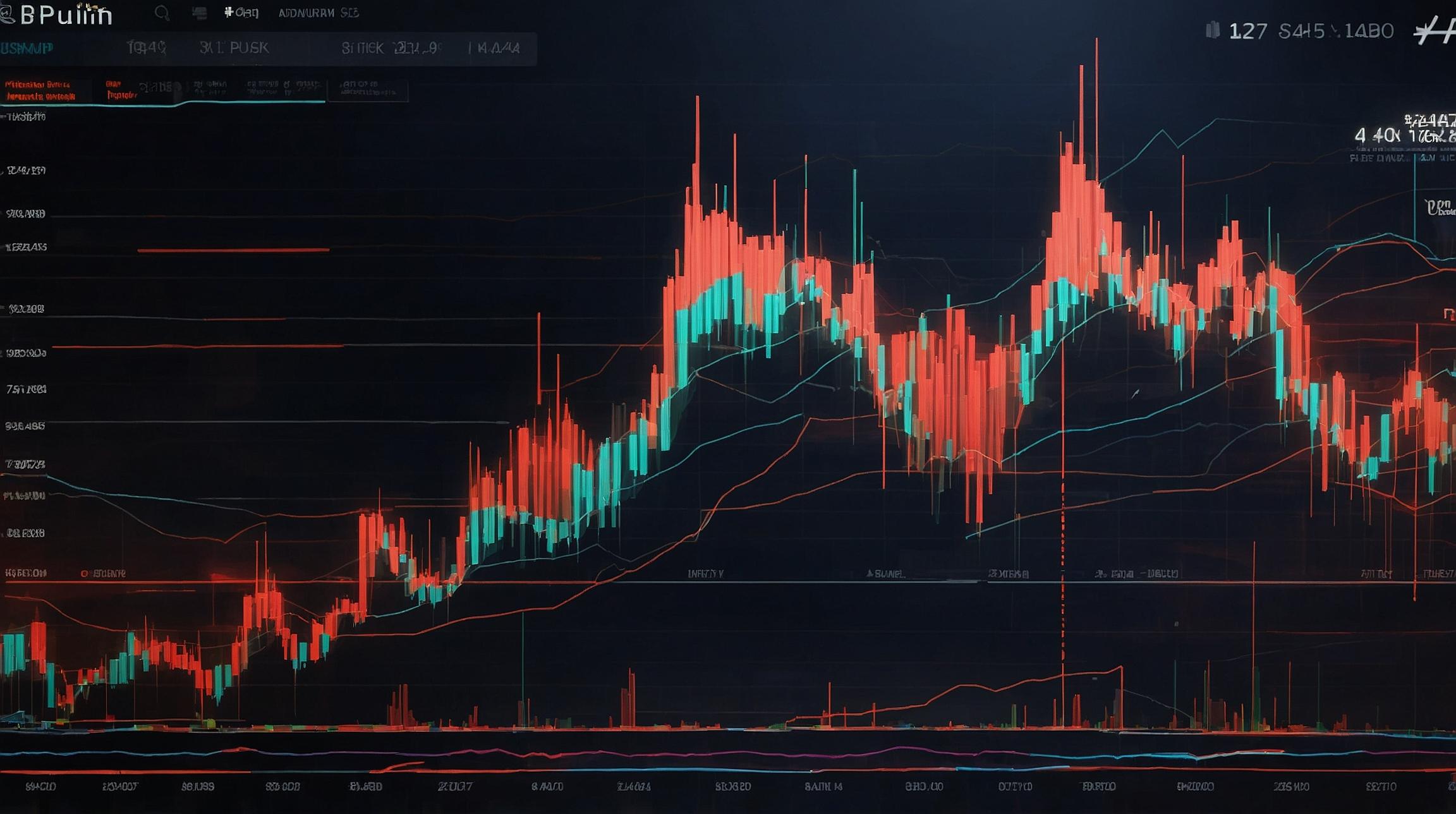HTC Vive Sends Virtual Reality Headset to Space Station to Boost Astronauts’ Well-being
On November 7th, a groundbreaking initiative took place as HTC Vive dispatched its Vive Focus 3 virtual reality headset to the International Space Station (ISS). Teaming up with XRHealth and Nord-Space Aps, this collaboration aimed to explore the potential benefits of virtual reality (VR) in maintaining the mental well-being of astronauts enduring long-duration missions.
The challenges faced by astronauts on space missions are immense, particularly with regards to their psychological state. Factors such as isolation, limited environmental stimulation, and heightened stress all take their toll. HTC Vive‘s Vive Focus 3, specifically designed for space conditions, aims to combat these issues by serving as a stress management tool while preventing the negative effects of prolonged isolation.
The first benefactor of this innovative technology was Andreas Mogensen, an astronaut participating in the NASA Crew-7 mission. Mogensen utilized the Vive Focus 3 headset for mental relaxation sessions, allowing him to find solace amid the demands of space exploration.
Exciting news broke on February 15, 2024, as it was announced that the Vive Focus 3’s use would expand beyond mental health support to include physical exercises as well. Astronauts can now enhance their physical training routines by immersing themselves in visual and interactive experiences. By pairing the VR headset with an exercise bike, astronauts can simulate cycling routes through various landscapes, further amplifying the benefits of their workouts.
With the inclusion of VR technology, the quest to improve both the physical and mental health of astronauts takes a significant leap forward. By recreating natural environments and providing auditory and visual stimuli, the Vive Focus 3 headset establishes a connection to Earth, offering solace and combating the overwhelming isolation of space.
HTC Vive‘s partnership with XRHealth and Nord-Space Aps marks a seminal moment in the exploration of VR’s potential in space missions. As the field of technology advances, the well-being of astronauts continues to be at the forefront of innovation and progress.
Analyst comment
Positive: HTC Vive sending its virtual reality headset to the Space Station is a groundbreaking initiative that aims to improve the well-being of astronauts during long-duration missions. The Vive Focus 3 headset, designed for space conditions, serves as a stress management tool and provides mental relaxation sessions. It has now expanded to include physical exercises, enhancing astronauts’ physical training routines. This partnership and technological advancement signify a significant leap forward in using VR to improve astronauts’ physical and mental health. Analysis: The market for virtual reality technology is likely to benefit from the positive reception and success of this initiative, as it demonstrates the potential for VR to be used in space missions. It may lead to increased demand for VR headsets and related technologies in both the space industry and the general consumer market.













